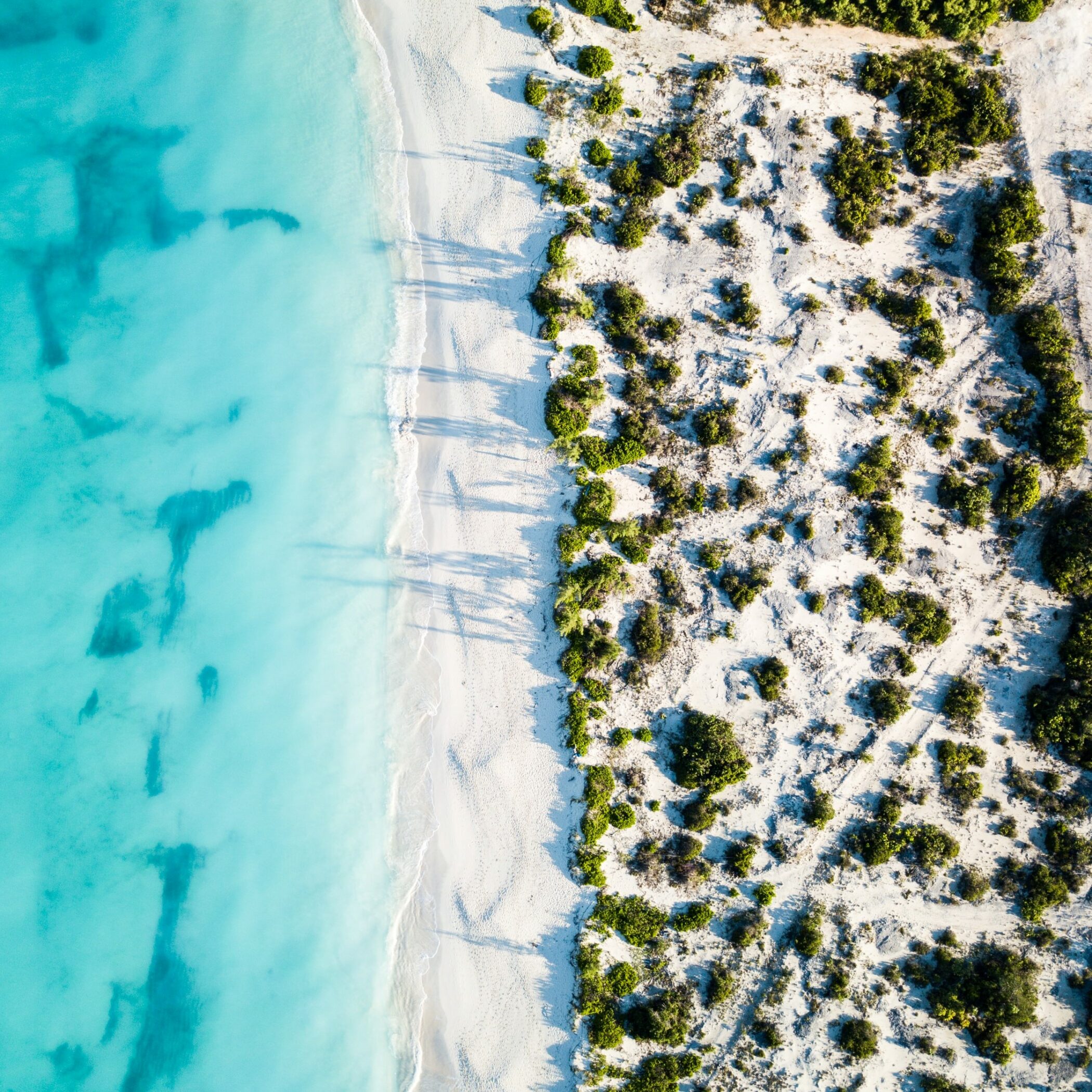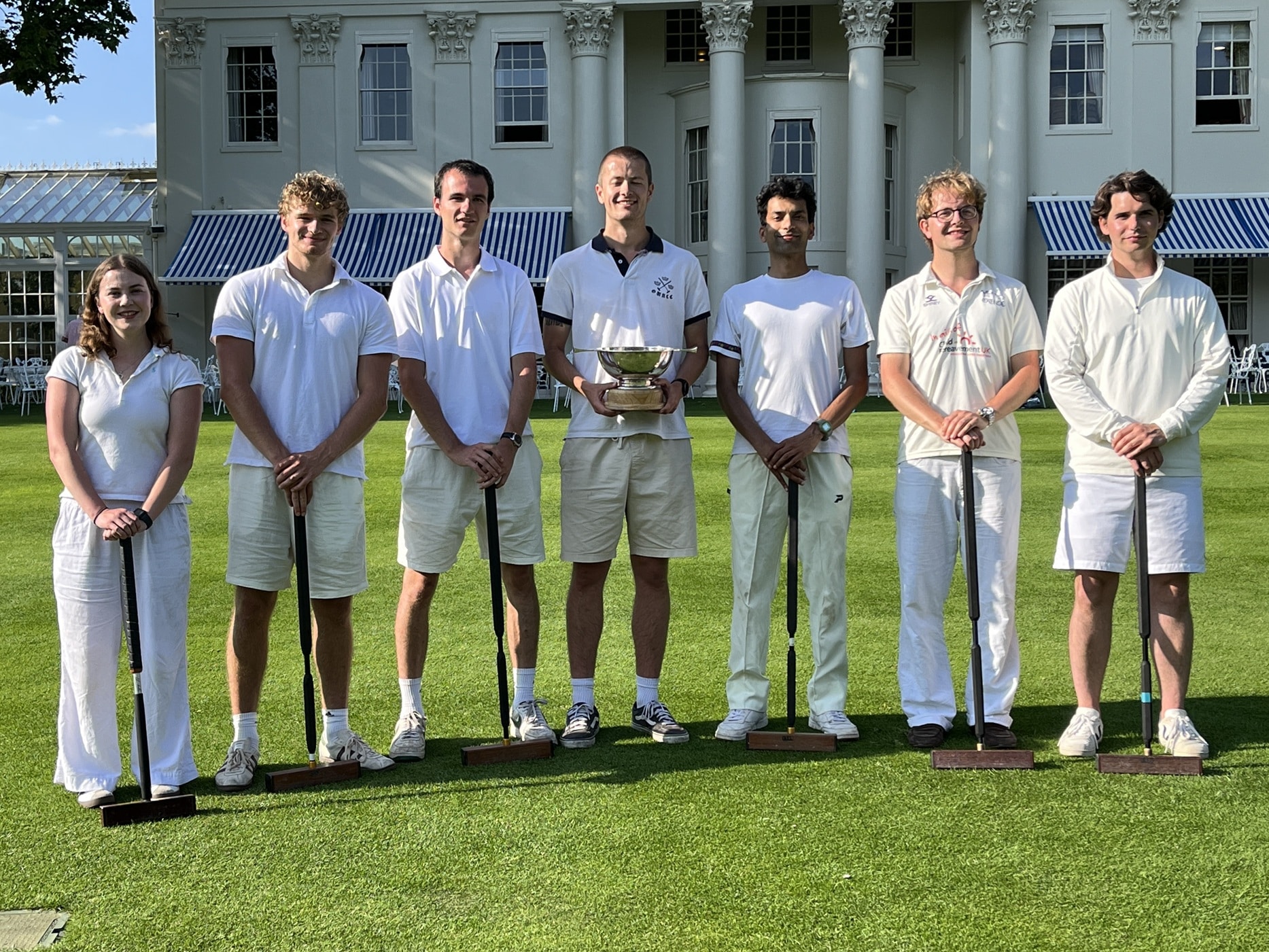In May 2019, ‘biodiversity’ finally made headline news when a global expert panel released its stark assessment that one million species are at risk of extinction. This sobering warning from thousands of scientists highlighted the urgency of biodiversity loss. World leaders, from princes to presidents, suddenly were talking about nature. Yet, behind the impactful headlines, a much more complex challenge lingers: How do we find effective and equitable ways of addressing the root causes of environmental change in a world that is highly diverse and unequal?
It was also in May 2019 that I began a Leverhulme Early Career Fellowship to delve deeper into what effective responses might look like to the continuing degradation of nature. As a social scientist, I have sought to do this not by examining the dynamics of plants and animals within ecosystems, but by looking at the relationships between governments, NGOs and scientific organisations in governance systems. In particular, I want to understand what logics are being used to organise environmental actions. Who is expected to act and in what way concerning biodiversity? On what authority? And with what resources?
With these questions buzzing around my head, I set out to examine how governance systems were organised for biodiversity in the UK Overseas Territories. These 14 islands, archipelagos and peninsulas are constitutionally tied to the UK as former British Crown Colonies. The UK Overseas Territories are politically, socially, and economically diverse, each with its own constitutions, governments, and administrations. They also harbour a huge diversity of life. It is perhaps a little-known fact amongst the British public that 94% of the unique biodiversity that the UK government is internationally responsible for is located in the Overseas Territories. Collectively, they provide the UK with the fifth largest marine estate in the world and place the UK amongst the top 15 nations in terms of coral reef cover. Yet, these impressive statistics belie the fact that, even in these territories, finding effective and equitable ways of living well with nature remains a huge challenge.
Grounded by the Covid-19 pandemic, much of my research has had to be completed online. For over a year, my days have involved jumping from Zoom call to Zoom call. At one moment talking with a fisheries officer in the British Virgin Islands and the next participating in an online stakeholder workshop for South Georgia and the South Sandwich Islands. Despite being limited to seeing the world from my own home, I have gained a sense of the UK Overseas Territories and the exciting potential their communities and environments hold for contributing to our understanding of what effective and equitable responses to environmental change might look like. They offer a reminder that addressing biodiversity loss and living well with nature is inseparable from the complex histories, cultures and environments that make these places worth protecting.
In the coming months, biodiversity is set to return to headline news. Governments of the world are in the process of negotiating a new deal for nature: the post-2020 Global Biodiversity Framework. When the announcement of new global goals for biodiversity hit the press, I encourage you to spare a thought for the ongoing challenge of putting these ambitions into practice in effective and equitable ways in the places where it matters. Arguably, that is where much of the real work begins.
Jasper Montana (2019), Junior Research Fellow at the School of Geography and the Environment


















